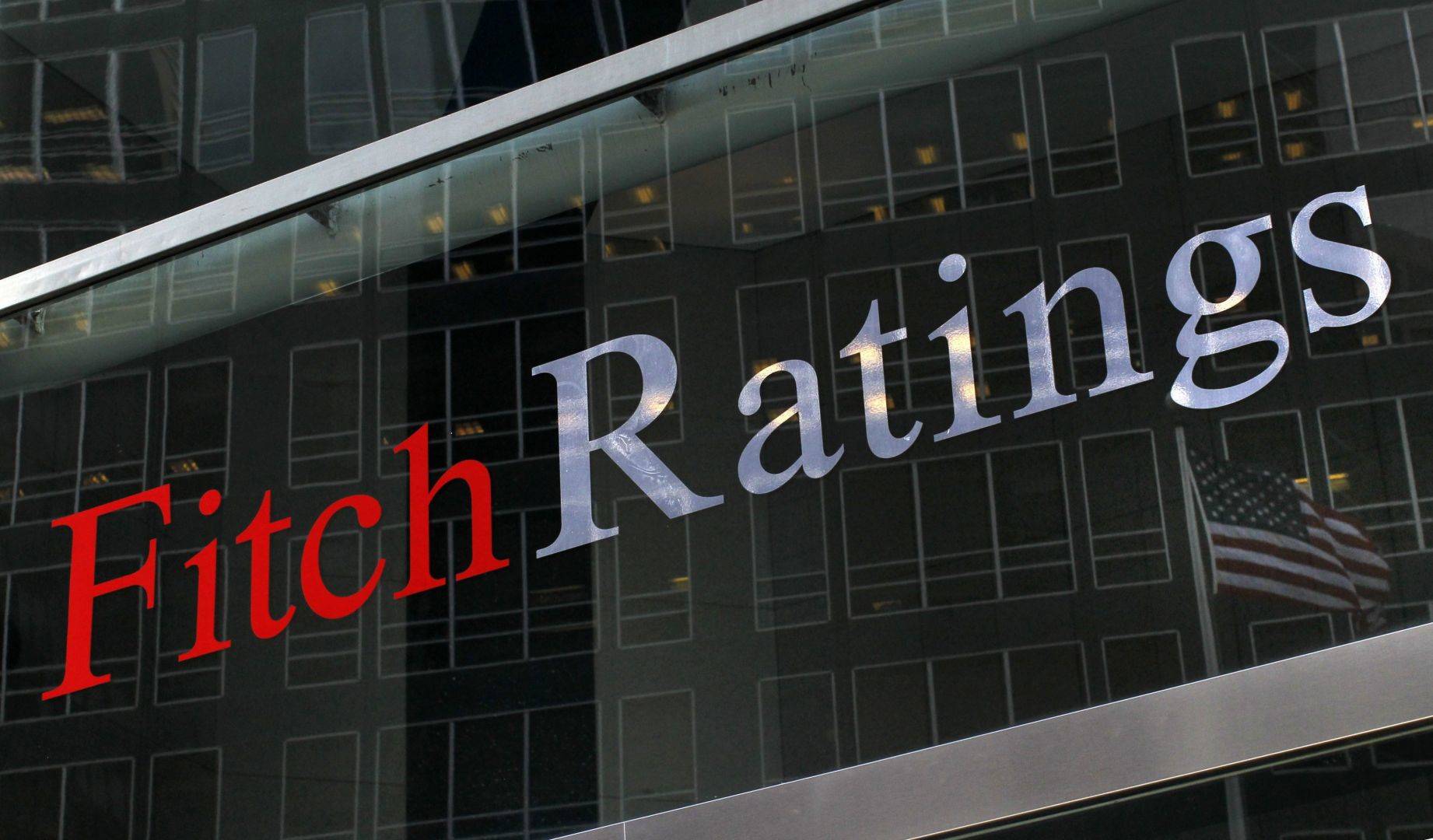
Fitch’s downgrade of the US credit rating is likely to exacerbate unease about the country’s debt position, political polarisation and the global standing of the US dollar, investors and analysts said.
Wall Street's three major indices ended lower on Wednesday, a day after Fitch unexpectedly stripped the US of its top credit rating, with the ratings agency saying expected fiscal deterioration over the next three years and repeated debt ceiling disputes threaten the government's ability to pay its bills.
READ: SA and the world hold their breaths as a US debt default looms
The yield on the benchmark 10-year US Treasury note, which moves inversely to prices, gained and at one point reached its highest point since November.
The ratings agency on Wednesday evening also downgraded US homeloan finance giants Fannie Mae and Freddie Mac Long-Term Issuer Default Ratings (IDR) and senior unsecured debt ratings to 'AA+' from 'AAA.'
Major brokerages said they did not expect sustained turbulence, especially since strong US economic data has calmed fears of a recession.
Yet some market participants also said the ratings cut was a reminder that the country’s fiscal picture is becoming increasingly precarious, which could heighten worries for everyone from asset managers to global central banks and others holding massive amounts of U.S. government debt.
READ: The dollar is here to stay – analysts
Fitch’s call will "cause people to stop and ask questions," said Robert Tipp, PGIM Fixed Income's chief investment strategist and head of global bonds.
Tipp said:
Tipp pointed at the country’s soaring debt-o-GDP ratio, which stood at around 100% at the end of 2022. Just a decade ago, that level would have been considered a “danger zone” for sovereign credits, he said.
Strategists at Macquarie led by Thierry Wizman said the downgrade could lend ammunition to countries calling for alternatives to the US dollar's decades-long reign as the world’s premier reserve currency.
Fitch’s downgrade will likely be used at a summit of leaders from the Bricss trade bloc including Brazil, Russia, India, China and South Africa this month as a public relations ploy to help tout a new currency, they wrote in a Wednesday report.
Wizman added:
The dollar share of official FX reserves fell to a 20-year low of 58% in the fourth quarter of 2022, according to International Monetary Fund data. Still, few believe the US currency’s dominance will be challenged anytime soon.
Strategists at the BlackRock Investment Institute wrote that while Fitch’s action is unlikely to be a market driver, it "reinforces our view that rising inflation and debt burdens will prompt investors, over time, to demand more … compensation for the risk of holding long-term government debt."
"We see that causing DM (developed market) bond yield curves to steepen over time as long-term yields rise," they added.
READ: Siyabonga Hadebe | Decline of the dollar
For now, however, many investors focused on the near term outlook for the US economy, as the country looks increasingly likely to avoid a recession that had been widely expected early this year.
Josh Frost, the US Treasury’s assistant secretary for financial markets, said he did not expect Fitch's announcement to hurt demand for Treasury debt.
Frost said:
Data released last week showed the U.S. economy grew faster than expected in the second quarter as a resilient labor market supported consumer spending, with markets now pricing in a soft-landing scenario for the economy despite rapid interest rate hikes by the Federal Reserve.
Markets also took comfort that Fitch did not adjust US "country ceiling", which it affirmed at AAA, showing strength in the ability of the corporate sector to convert local currency into a foreign currency for debt repayments.
"If Fitch had also lowered the country ceiling, it could have had negative implications for other AAA-rated securities issued by US entities," said Goldman Sachs economists led by Jan Hatzius.
Gennadiy Goldberg, head of US rates strategy at TD Securities, said the downgrade "could make investors a bit more nervous in the near-term, but the lasting impact will be minimal."
Steven Zeng, a strategist at Deutsche Bank, said Friday’s US employment report could trump the downgrade news for markets.
"Investors have lived through the S&P downgrade in 2011 and remember coming away unscathed, he said. Also, people may have “gotten used to an elevated level of deficit spending," he said.




 Publications
Publications
 Partners
Partners









